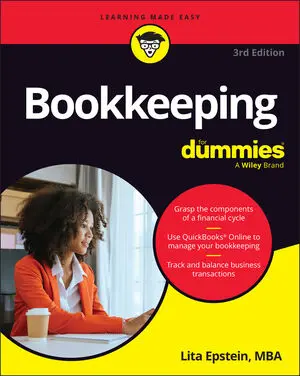Businesses don’t depreciate all assets. Low-cost items or items that aren’t expected to last more than one year are recorded in expense accounts rather than asset accounts. For example, office supplies are expense items and not depreciated, but that office copier, which you’ll use for more than one year, is recorded in the books as a fixed asset and depreciated each year.
Lifespan isn’t the deciding factor for depreciation, however. Some assets that last many years are never depreciated. One good example is land; you can always make use of land, so its value never depreciates.
You also can’t depreciate any property that you lease or rent, but if you make improvements to leased property, you can depreciate the cost of those improvements. In that case, you write off the lease or rent as an expense item and depreciate the lease improvements over their estimated useful life.
You can’t depreciate any items that you use outside your business, such as your personal car or home computer, but if you use these assets for both personal needs and business needs, you can depreciate a portion of them based on the percentage of time or other measurement that proves how much you use the car or computer for business.
For example, the portion of a car that can be depreciated is based on the miles driven for business versus the miles driven for personal use. If you drive your car a total of 12,000 miles in a year and have records showing that 6,000 of those miles were for business purposes, you can depreciate 50 percent of the cost of the car. That percentage is allocated over the anticipated useful life of the car.
Another example of depreciation of a dual-usage asset is a room in your home designated exclusively for your business. You may be able to depreciate a portion of your home’s cost as part of your business expenses. The amount you can depreciate is based on the portion of your home used for business.






